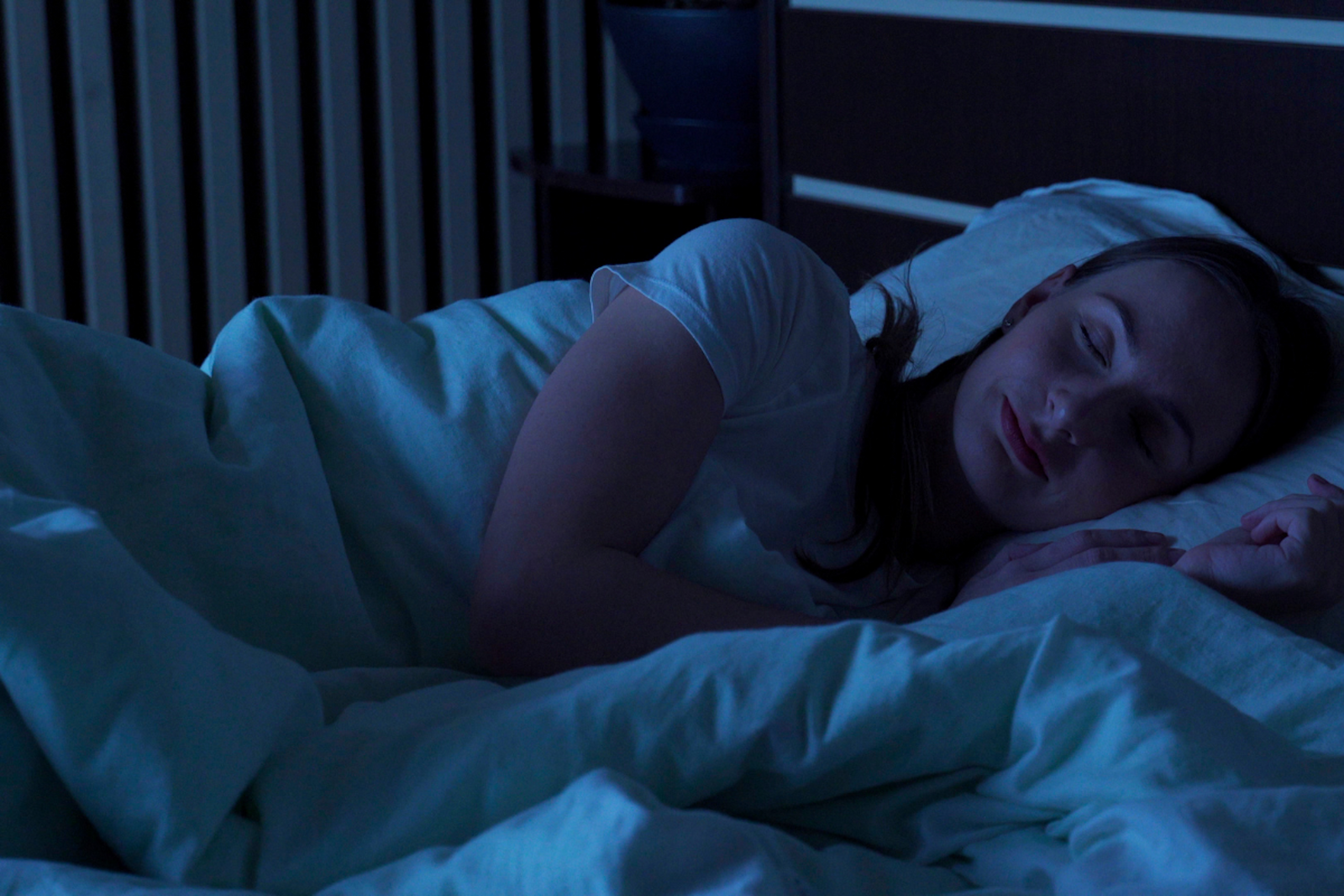This article gives you permission to take a nap right now.
One of the best life management tips is that whenever you feel out of balance in any way (you're irritable, tense, distracted, or the day just seems to be going wrong), the first thing you should pay attention to is your sleep. Sleep is a broad topic and we can't cover everything at once, so this article will focus on why prioritizing sleep can help you focus.

An adult should sleep 7-9 hours every night for optimal recovery.
Studies have repeatedly shown that lack of sleep reduces our ability to focus and pay attention. It also reduces the capacity of our working memory and our ability to make decisions. Lack of sleep also increases irritability and makes our emotions run wild.
Lack of sleep negatively affects our ability to pay attention, even if we don't feel sleepy. In a study by Van Dongen and colleagues, volunteers were divided into groups that slept either 4, 6, or 8 hours a night for 14 days. The study showed that participants who slept 4 or 6 hours performed worse and slower on attention-demanding tasks compared to those who slept 8 hours a night. This was also true for participants who did not feel sleepy.
If you've noticed lately that you're having trouble concentrating, it might be because you haven't had enough sleep (even if you don't feel sleepy).
Concentration requires skills, which in cognitive psychology are called executive control skills. We use these operational control skills when we need to focus and consciously pay attention to a matter. It's like the opposite of autopilot.

On average, a person can effectively study or work for 30-90 minutes at a time.
The most important skills in operational management are:
- Inhibitory ability (ability to ignore competing stimuli)
- Cognitive flexibility (the ability to switch between tasks and adapt to the unique rules of each task)
- Working memory (how much information your mind can actively process at a time)
These operational management skills form the basis for other cognitive skills such as problem solving, planning and decision making.
Although these skills require the synchronous activity of several parts of the brain, they are particularly dependent on the activity of one area of the brain: the frontal lobe.
Why does lack of sleep weaken our ability to concentrate?
The frontal lobe is metabolically very expensive to maintain, meaning it requires a lot of energy and nutrients. When you haven't had enough sleep, your brain prioritizes nutrient intake to other areas of the brain that are more important to your survival. From an evolutionary perspective, this makes sense: it's more important to prioritize the areas of the brain that keep you alive in the short term than the areas of the brain that enable complex problem solving and planning.
If you were a caveman awakened in the night by another tribe's attack, you would suddenly be in a survival situation. Even if you've only slept a few hours, you want your heart to beat, you want to be able to breathe so your muscles get enough oxygen, and you want to be able to physically control your body so you can fight or flee. All of these abilities are controlled by the brain, and at that very moment, all of these abilities are more important than, say, solving a complex math problem.

The symptoms of the famous fight-or-flight reaction are formed independently of the will thanks to a chain reaction that takes place in different parts of the brain.
So if you have trouble concentrating, check if you've had enough sleep. Lack of sleep is harmful to our ability to concentrate and, if prolonged, also to the health of the brain and the whole body. Paying attention requires the cooperation of several areas of the brain, but the frontal lobe is particularly important. When we are tired, the frontal lobe just doesn't work properly.















